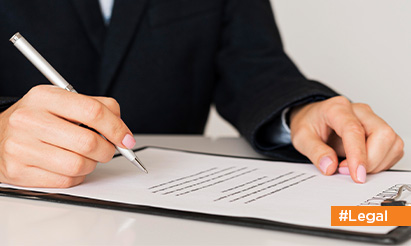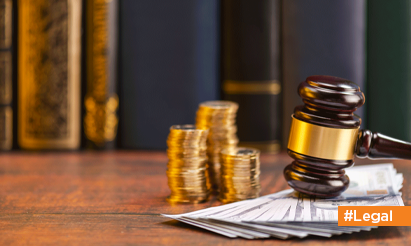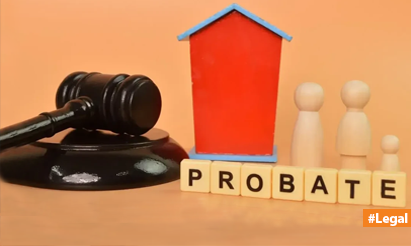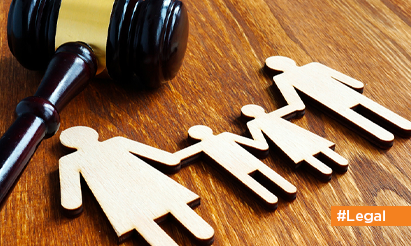The Essentials Functions of a Mortgage Deed
What is the definition of a mortgage? – Before we jump right into the mortgage agreement, let’s define what a mortgage is.
Sections 58 through 104 of the Transfer of Property Act, 1882 govern mortgages in India. A mortgage is the transfer of interests in a specific property in order to secure a loan that has been advanced or will be advanced in the future. In other terms, when a person obtains a loan from someone, some kind of security must be held with the lender in order for the lender to be assured that if the borrower defaults on the loan, the lender would be able to reclaim his money from the security.
The person who lends his home to secure the loan is referred to as a “mortgagor.” The person to whom the property is mortgaged is known as the “Mortgagee,” and the mortgage contract terms are included in the “Mortgage Deed.”
What is a Mortgage Deed, and how does it work?
Section 55(2) of the Act discusses the important covenants or contracts that the parties must engage into for the conveyance of immovable property, like leases, sales, mortgages, and gifts, among other things. The mortgage deed is a legal file that includes the terms & conditions of the mortgage loan. The deed transfers the lender’s interest in the property as well as legal rights to it. The Mortgage Deed formalises all of the borrower’s rights and interests in the property pledged as collateral. The lender can exercise his legal rights over the property if the borrower defaults or fails to pay the loan amount.
What is the purpose of the Mortgage Deed?
- The mortgage deed’s first and most important obligation is to identify the parties to the deed
- The lender’s rights are enforced in court by the deed. It guarantees that if the borrower defaults or misses a payment, the lender will be compensated by selling the property.
- If the mortgagor refuses to pay or breaks the conditions of the contract, the mortgagee has the power to take action on the property.
- The deed contains a comprehensive inspection of the property’s interest and title. It assists in determining who is the legal owner of the mortgaged property.
- The mortgage deed aids in determining the loan amount and interest rate.
- If stipulated in the Contract, the mortgage deed also grants the mortgagee the right to take possession of the property.
- The mortgage deed serves as proof that ownership of the property has been transferred to the lender.
What are the benefits of learning about mortgage deeds?
Once you opt for a secured loan, such as a mortgage loan, the lender knows they’ll get their money back, whether it’s through your repayment or the purchase of the property. If you don’t grasp the conditions of your mortgage, you can end up paying more than you need to, or you might misinterpret the provisions and lose your home.
When you enter into a legal deal with another person or entity, you must conduct your own due diligence. You must be aware of and comprehend your legal obligations, their scope, and the contract’s privileges and restrictions. You could forfeit your property if you don’t keep your half of the bargain, which could be a big problem for you.
Taking full advantage of your mortgage loan, you must first study, analyse, and thoroughly go over the mortgage deed prior signing the dotted lines. “You’re never smarter for not understanding something,” goes the adage, and this couldn’t be more accurate in situations involving your money and possessions.
Disclaimer: The views expressed above are for informational purposes only based on industry reports and related news stories. PropertyPistol does not guarantee the accuracy, completeness, or reliability of the information and shall not be held responsible for any action taken based on the published information.




